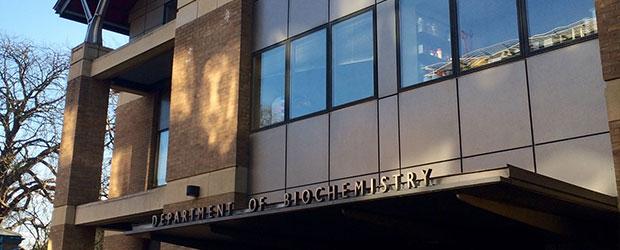How I got into Cambridge

Prior to starting my medical career, I was often fascinated with the idea of curing patients, particularly helping them get to the medication they require to survive or overcome illness. I felt that this would be the noblest goal I could pursue. It was only during my medical degree that I noticed that curing isn’t really what doctors do.
Most doctors are mainly focused on administrating cures and protocols that others have figured out for them. For me, just being a doctor quite frankly just isn’t enough. The Netherlands offers some programs to support a career as a physician-scientist, but, in my opinion, poorly implements them. For example, the MD/PhD program at Utrecht formally allows for only a two year PhD and has limited funding opportunities for conference attendance and personal development.
I determined these problems when I was about 18 years old, but couldn’t accommodate this change in my career path as I had just started medical school and my parents did not exactly have the means to send me to foreign schools where this career would be feasible. I decided to work hard to get the hell out of Holland. I decided to focus on school, do well academically and move from there. Trust me - it wasn’t an easy road.
I had been in Cambridge before on a summer school and couldn’t believe I was meeting all these incredible academics. Within the first week I met the co-discoverer of a form of programmed-cell death and a scientist who was the first to discover a new immune cell in decades. I was amazed how supportive the community was. Furthermore, there was financial aid everywhere.
With the help of a supportive supervisor at Utrecht I got a summer position at the Babraham Institute in Cambridge. Days started at 8AM and ended around midnight, even on weekends. I was driven. I realized that this was my one shot to stick around. It was my first ‘true’ lab experience doing work independently.
During these two months in 2013 I networked like my life depended on it. I met an emeritus professor who later became my mentor. I sent him some of my work that I had previously done – his response: ‘You’re a star!’ My work appreciated by a senior academic at Cambridge? I couldn’t believe it.
I soon applied for various scholarships to start a Master and a PhD. Some scholarships I was nominated for yet lost, but the most important ones I won. To this day I am so incredibly grateful that I did. All those long nights in the lab – they were all worth it. I started my Master October 2014. And so another chapter in my life begins.